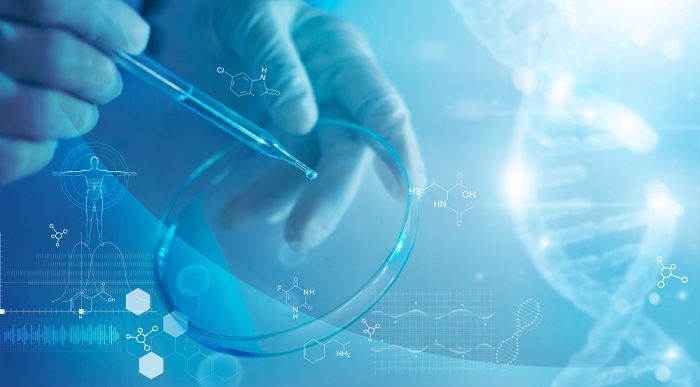Artificial intelligence- AI is fundamentally reshaping drug discovery in the pharmaceutical industry, offering a sustainable approach to developing new therapies. Traditionally, this process has been resource-intensive, involving costly laboratory experiments and extensive clinical trials. AI promises to accelerate the identification of potential drug candidates, optimize clinical trial designs, and significantly reduce the time and costs associated with bringing new drugs to market.
The Backdrop
AI encompasses various technologies such as machine learning (ML), deep learning, and natural language processing (NLP), which can analyze vast amounts of data and uncover patterns that are difficult for humans to discern. In drug discovery, AI can assist in predicting the effectiveness, toxicity, and pharmacokinetics of potential drug compounds, thereby streamlining the development pipeline.
The Mechanisms
AI algorithms conduct virtual screenings of extensive chemical libraries to identify compounds with potential therapeutic effects by using virtual screening and drug design. Machine learning models predict the interactions of different molecules with target proteins, guiding the design of new drugs with improved efficacy and fewer side effects.
AI tools analyze genomic, proteomic, and metabolomic data to identify biomarkers that can forecast disease progression and response to treatment, which are crucial for developing targeted therapies and personalized medicine.
AI can optimize the design of clinical trials by identifying suitable patient populations, forecasting patient responses, and monitoring patient adherence, resulting in more efficient trials with higher success rates.
How can the use of AI contribute to a more sustainable future in drug discovery?
Minimizing Environmental Impact
AI reduces the environmental impact of traditional laboratory methods by minimizing chemical waste through virtual screening and computational models that predict compound efficacy and toxicity.
AI can also enhance sustainability by optimizing chemical synthesis routes, reducing raw material consumption and the production of hazardous by-products.
Conservation of Resources
AI-driven drug discovery conserves physical resources by shifting much of the exploratory and predictive work to computational models, reducing reliance on traditional laboratory resources like reagents and solvents.
Advancement of Sustainable Practices
AI happens to significantly shorten the timeline of drug development by way of swiftly identifying promising drug candidates and at the same time optimizing clinical trial designs, thereby reducing overall resource expenditure.
AI utilizes extensive datasets to discover new therapeutic applications for existing drugs, reducing the time, cost, and resources needed to develop new treatments, a process known as drug repurposing.
Ethical as well as Economic Sustainability
AI-driven drug discovery lowers the financial burdens associated with traditional drug discovery, making it more feasible to develop treatments for a broader range of conditions, including rare diseases.
By improving the efficiency of drug discovery, AI ensures that financial and scientific resources are allocated more ethically, prioritizing the development of drugs that address significant medical needs and ensuring equitable access to new treatments.
What are some potential areas for improvement?
- AI models’ effectiveness relies on having access to high-quality, complete datasets, which may not always be readily available.
- Incorporating AI into drug discovery presents regulatory challenges, as authorities need to establish new standards for evaluating AI-driven approaches.
- Using AI gives rise to ethical issues concerning data privacy, algorithmic bias, and the transparency of decision-making processes.
What are some of the ongoing research efforts in this area?
- AI in De Novo Drug Design: The present research concentrates on utilizing generative adversarial networks- GANs and reinforcement learning to produce novel drug molecules from the ground up. These AI models have the capability to produce potential compounds with specified characteristics, significantly expediting the drug discovery process.
- AI for Drug Repurposing: AI algorithms assess existing drug databases to pinpoint new therapeutic uses for approved medications. This strategy, referred to as drug repurposing, can speedily introduce treatments to the market for emerging diseases, as observed in the quest for COVID-19 therapies.
- AI in Terms of Predicting Drug-Drug Interactions: Scientists are creating AI models to forecast potential interactions between distinct drugs, aiding in the prevention of adverse effects in patients taking multiple medications. These models examine pharmacological data to recognize combinations that may pose risks.
In the end
AI-driven drug discovery represents a transformative and sustainable approach within the biosciences, promising to address some of the most pressing challenges in drug development. Continued collaboration between AI experts and pharmaceutical scientists is essential to fully realize the potential benefits of AI in this field.



















